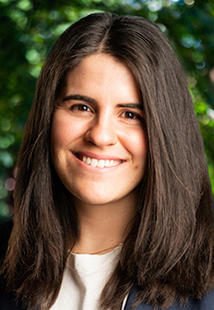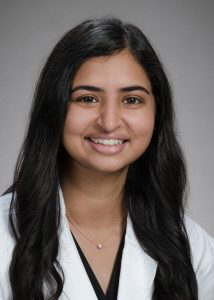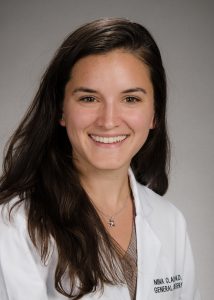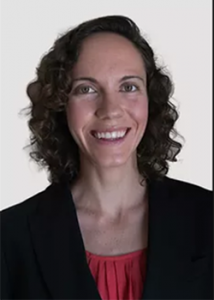Salary and Benefits
Candidates who are current residents in a University of Washington will maintain current salary and benefits levels. For more information, visit the UW GME website.
Salary and benefits for candidates who are external to the University of Washington will be determined on a case-by-case basis, but will be no less than NIH NRSA stipend levels.
Where Do Fellows Live?
Seattle offers its trainees unrivaled access to both a vibrant, culturally diverse urban center and the storied outdoor recreation of the Pacific Northwest. When asked about the reasons that they love to live here, our faculty and trainees often cite this proximity of culture and recreation in Seattle – for instance, the opportunity to hike on the Olympic Peninsula on Saturday morning and eat at a James Beard award-winning restaurant that night.
Living in Seattle offers access to an enviable array of amenities including:
- Three ski resorts within two hours of the city
- Local MLB, NFL, MLS, NWSL, NHL, and WNBA teams
- 60+ breweries operating within city limits
- Thriving museum culture (including art, history, cultural, and children’s museums)
- Robust theater and music scene (ranging from Seattle Symphony to Broadway shows to live concerts)
- Seattle International Film Festival
Many neighborhoods throughout the city are easily accessible to our six primary sites of practice. In a recent survey, trainees in the Department of Surgery identified where they live.
Most trainees at the UW rent while in training and 97% pay $2500 or less per month.
- 61% live with a partner
- 26% have a platonic roommate
- 11% have children
- 42% have pets
- 65% have house plants
Will I Need a Car?
While many trainees in the Department of Surgery live in neighborhoods that are easily walkable to our sites of practice and Seattle is regularly ranked as one of the most bike and public transit friendly cities in the country, most of our residents own cars and drive to work each day.
This decision is often based on convenience due to the dynamic work schedule, but also affords residents the opportunity to easily explore the Pacific Northwest on their days off.
Some great examples of day trips include:
- Mount Rainier
- San Juan Islands
- Washington Wine Country
- Olympic National Forest
- Portland, OR





